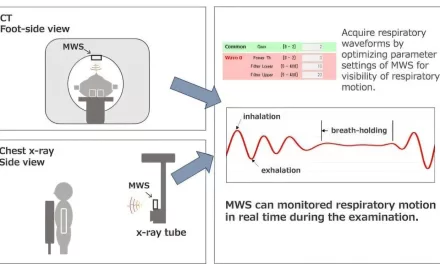Portsmouth, UK – A new study has found that alcohol consumption significantly impairs the ability of eyewitnesses to accurately recall a suspect’s facial features, particularly key details such as the eyes, nose, and mouth.
The research, led by the University of Portsmouth, highlights the impact of intoxication on memory recall—an issue of great importance given that approximately half of the 1.4 million violent incidents reported annually in England and Wales involve intoxicated offenders. Alcohol remains the most commonly detected substance in both perpetrators and victims of violent crime.
Experimenting with Alcohol’s Impact on Memory
To investigate the effects of alcohol on facial recognition, the researchers conducted an experiment involving 38 participants with normal or corrected-to-normal vision. These individuals consumed either alcoholic or non-alcoholic drinks before watching videos of unfamiliar female faces. The following day, they were asked to describe the faces they had seen.
The results revealed that those who had consumed alcohol struggled significantly to recall internal facial features such as the eyes and mouth, whereas their ability to remember external features, like hairstyles, remained largely intact. The researchers also found that whether the models’ hair was tied back or left loose had no impact on recall accuracy.
Alcohol Myopia and Witness Testimonies
The findings, published in the journal Memory, suggest that alcohol creates a phenomenon known as alcohol myopia, which narrows attention to more prominent external characteristics while impairing memory for crucial internal features essential for suspect identification.
Dr. Alistair Harvey, lead author and Visiting Researcher at the University of Portsmouth’s Department of Psychology, emphasized the study’s significance for law enforcement:
“Given that many crimes occur in bars and nightclubs where witnesses may have been drinking, these findings have important implications for law enforcement. Getting accurate perpetrator descriptions from witnesses is crucial for locating and identifying suspects—especially during line-ups.”
This research builds on previous studies by Dr. Harvey and his colleague Danny Tomlinson, which demonstrated that intoxicated individuals tend to focus on external characteristics such as hair and face shape, rather than key internal features.
Implications for Law Enforcement and Future Research
The study’s authors urge police and forensic interviewers to consider these findings when questioning intoxicated witnesses. They also advocate for additional research with a larger participant pool to explore how different interviewing techniques might counteract alcohol’s impact on memory recall.
Dr. Sarah Bayless from the University of Winchester’s Department of Psychology emphasized the importance of using supplementary evidence in criminal investigations:
“The study underscores the importance of gathering multiple witness accounts and using additional evidence, such as CCTV footage, when investigating crimes. Given that intoxicated individuals are frequently present at crime scenes—whether as victims, witnesses, or perpetrators—understanding the effects of alcohol on memory is critical.”
The study, titled The Influence of Acute Alcohol Intoxication and Hair Visibility on Delayed Face Recall, provides new insights into how alcohol impairs facial recognition. It reinforces the need for careful consideration when relying on witness testimony in legal proceedings.
Disclaimer
This article is for informational purposes only and does not constitute legal or psychological advice. The findings presented are based on a specific study and may not be universally applicable. Further research is recommended to validate and expand upon these results.












